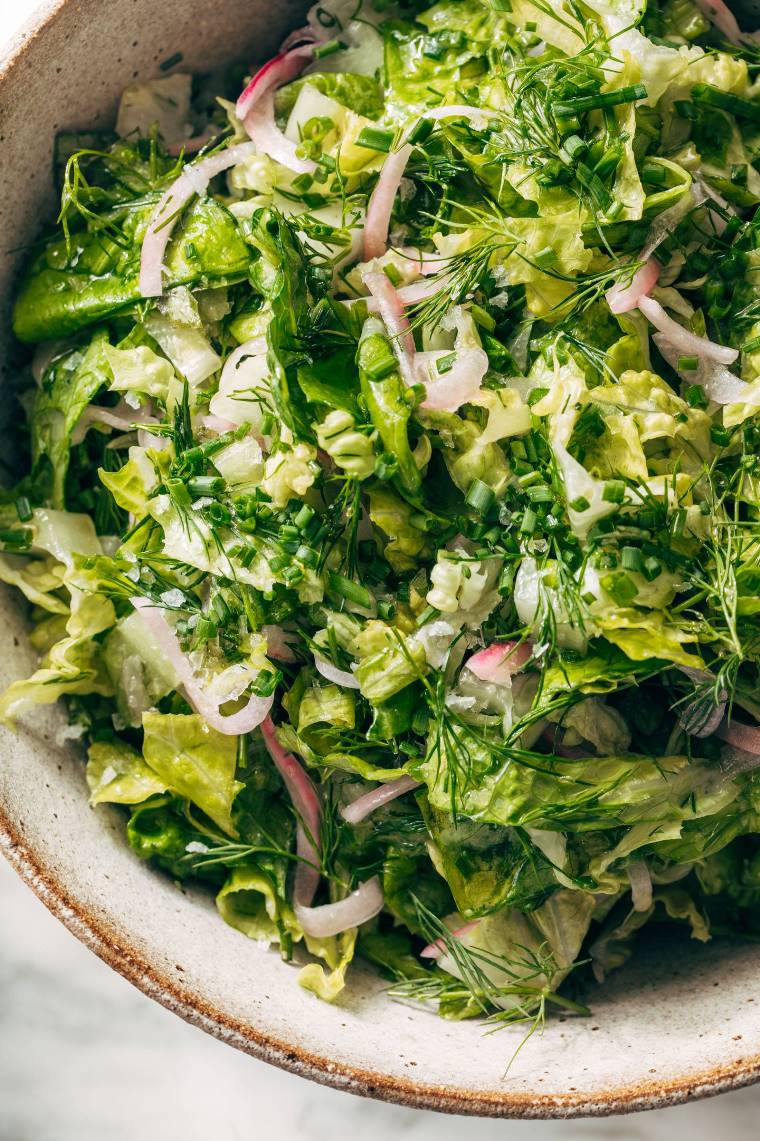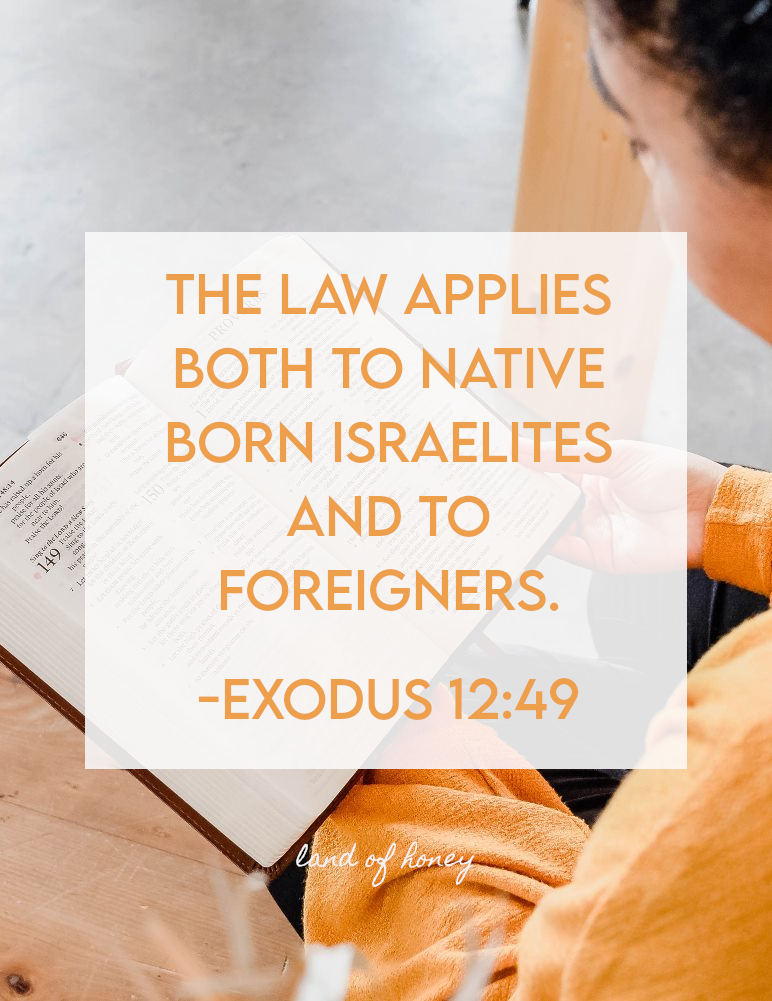What is the "bitter herb" that Scripture says the Israelites ate at their Passover? What recipes can we use to incorporate a bitter herb into our own Passover meals today? We find this description in Exodus.
"They are to eat the meat roasted over the fire, along with bitter herbs, and unleavened bread." -Exodus 12:8
The Bible doesn't exactly specify what the bitter is that was eaten along with the roasted lamb and unleavened bread, so we can't know for sure what they ate that night in Egypt. Since Scripture doesn't specify exactly which herb or green or vegetable is being pointed to, that gives us freedom to use what's available near us or what we are used to in our cultural cooking. I love that the Living God gave flexibility in this so that no matter where his people are they can participate in this! Traditionally horseradish is often used. Parsley, endive, romaine, and even celery are popular choices, and greens such as mustard or dandelion greens could be used too. I think any type of green, lettuce, or herb with a slightly bitter taste would be appropriate to eat on Passover.
Potential bitter herbs for Passover:
Parsley
Romaine lettuce
Endive
Radicchio
Kale
Collard greens
Mustard flowers or greens
Dandelion greens
Horseradish
Wasabi
Celery
Bitter melon
Broccoli rabe
Any other herbs, greens, or vegetables with a slight or strong bitter taste.
There are so many different ways you can incorporate these into your Passover meal! From salads to sauces to braised greens or cooked veggies on the side, there is no right or wrong way to incorporate a bitter herb element into your menu. Again, I believe YHWH intentionally lets us use the plants and produce that are in our area and available to us so that all of his people can participate in this custom.
These recipes are just a few ideas for incorporating some of these into your Passover meal for a bitter herb element.
Gremolata from Love and Lemons
Coconut Curried Greens from Minimalist Baker
Bistro Salad from Pinch of Yum
Beet and Goat Cheese Endive Bites from A Beautiful Plate
Sauteed Broccoli Rabe from Love and Lemons
Easy Massaged Kale Salad from Minimalist Baker
Chimichurri Sauce from Love and Lemons
Celery Salad with Torn Olives, Almonds, and Parmesan from Cookie and Kate
Endive Salad with Parmesan and Orange from A Couple Cooks
Grain Free Tabbouleh from Minimalist Baker
Quick Collard Greens from Cookie and Kate
5 Minute Kale Pesto from Pinch of Yum
More about Passover:
The Beginner's Guide to Passover
Meal Ideas for the Feast of Unleavened Bread
What the Bible Says About Passover

























.JPG)